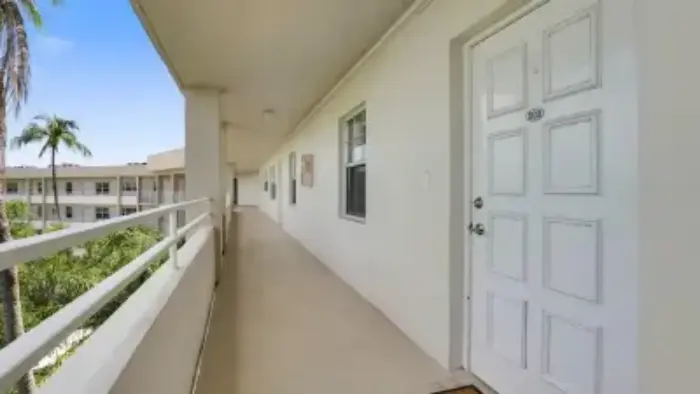Florida Condo Guests
Florida Condo Overnight Guests
The rules for guests at Florida condos can vary depending on the specific condominium association and its governing documents, which may include the declaration of condominium, bylaws, and rules and regulations. However, there are some common rules and guidelines that are often applicable to guests in Florida condos. Keep in mind that these rules can change over time and may differ from one condo association to another. It's essential to review the specific rules and regulations of the condo.
First, it's important to understand how the condo defines Guest. You may find Guest defined in the governing documents, often in the declaration. In general, a guest at a Florida condo is someone who is not a permanent resident of the condominium unit but is invited by a unit owner or resident to stay temporarily. This person is typically not on the condo's lease or ownership documents and does not have the same rights and privileges as a full-time resident. Guests are usually individuals visiting for a short period, such as friends, family members, or acquaintances of the unit owner or resident.
Condo owners may also want to understand the distinction between guests and tenants, whether long-term or short-term. The rules for guests will likely differ than the rules for tenants.
Here are some general guidelines that are commonly seen:
- Registration of Guests: Many condo associations require guests to be registered with the association or property management office. This often involves providing the guest's name, contact information, and the duration of their stay.
- Parking: Rules regarding guest parking can vary. Some condos may have designated guest parking areas, while others may limit guest parking or require guests to use street parking.
- Use of Amenities: Guests are typically allowed to use the common amenities of the condo complex, such as swimming pools, fitness centers, and common areas. However, there may be specific rules regarding the use of these amenities by guests, such as hours of operation and any associated fees.
- Security: Condo associations often have security measures in place to ensure the safety of residents and guests. Guests may be required to sign in with security or provide identification upon entry.
- Noise and Behavior: Guests are usually expected to follow the same rules and regulations as residents. This includes adhering to noise restrictions, respecting quiet hours, and maintaining appropriate behavior in common areas.
- Occupancy Limits: Condo associations often have occupancy limits for individual units, and these limits apply to both residents and guests. Exceeding these limits may result in fines or other penalties.
- Duration of Stay: Some condo associations may have restrictions on the maximum length of a guest's stay to prevent long-term occupancy without approval.
- Liability and Damages: Condo associations may hold unit owners responsible for any damages caused by their guests. Guests may also be required to sign agreements acknowledging their responsibility for any damage they cause during their stay.
- Short-Term Rentals: In some cases, condo associations may have restrictions on short-term rentals, which can impact the ability to host guests through platforms like Airbnb or VRBO.
- Guest Fees: Some condo associations may charge a fee for hosting guests, which can vary in amount and frequency.
It's crucial for both residents and their guests to familiarize themselves with the specific rules and regulations of the condo association they are staying in to ensure a pleasant and compliant visit. Failure to follow these rules can result in fines or other consequences for both the resident and their guests. If you are planning to stay in a Florida condo as a guest, it's a good idea to communicate with the unit owner or property management to understand and adhere to the specific rules in place.
Prospective Florida condo buyers should, if they don't understand how condo governing documents can impact their ability to invite guests, engage licensed and reputable attorneys and advisors to guide their buying decision.
